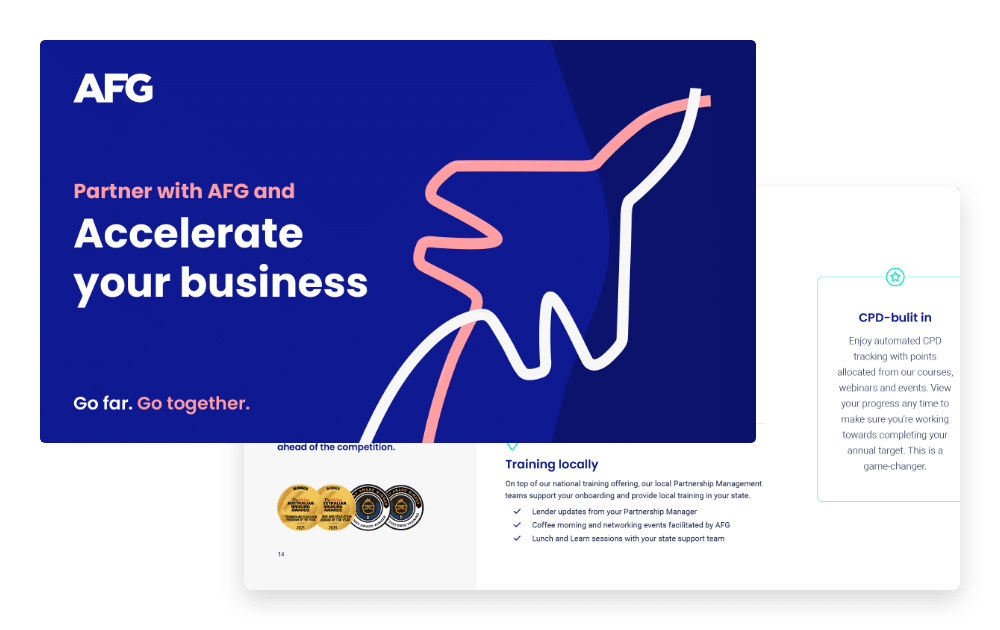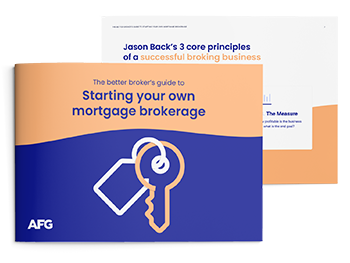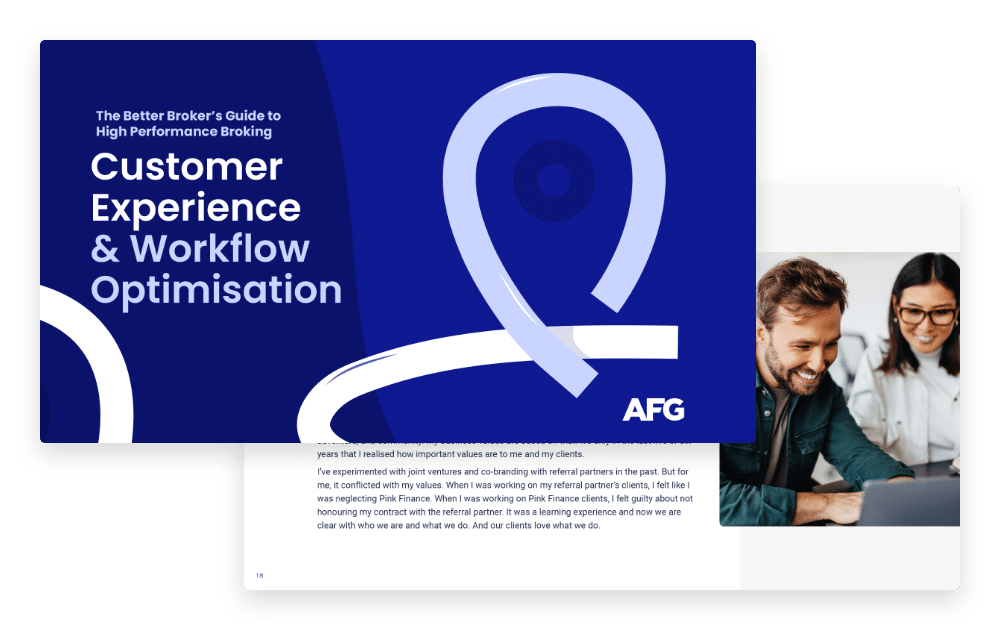A record 101,000 properties – or around one in five of those put on the market in Australia last year – went to auction 1. And while clearance rates vary between markets, there is no denying plenty of buyers are willing to go head-to-head with the hammer.
Onsite or in a room, auctions can be both exhilarating and daunting, especially for novice bidders. As with any property purchase, the keys to success are prior preparation, research and a clear head.
Haven has help at hand so you can make the most of the auction action.
BEFORE THE AUCTION
Know how much you can afford
Before you set your sights and heart on any particular property, visit your mortgage broker to find out how much you can borrow. Knowing how much you can spend will narrow down your search, keep your expectations in check and prevent you wasting time and energy looking at properties beyond your reach. Most lenders will also pre-approve the amount, but keep in mind this does not guarantee the loan. The property, for example, still needs to be valued by the lender to ensure it meets the value-to-loan ratio. In other words, if you pay more for the property than what it is worth, you may be denied the loan, even if pre-approved.
Know the market
Once you set a budget, narrow down the market and identify properties of interest. Research the asking price and previous sales of similar properties in that postcode, especially those in surrounding streets. You should also visit local open houses (auctions and regular sales) and sit on the sidelines of a couple of auctions before bidding yourself.
Know the property
If a property ticks all of your boxes and you feel you stand a good chance of landing it at auction, consider investing in an independent valuation with a certified practitioner.
For around $400 to $600, depending on the property size and location, an independent valuation generally provides a more accurate appraisal of the market value than the selling agent’s estimate. This will also give you a guide on how your lender will value the property. Just remember, valuations are just that – a guide. Auctions can go either way, often eclipsing price expectations or leaving vendors disappointed, so it’s important you know as much about your market as possible and how much you are prepared to spend.
No cooling off
Unlike standard property purchases, there is no cooling off period when you buy at auction, nor is the property sold subject to finance, inspections or other conditions. If you are the successful bidder, you are the buyer, and a 10 per cent deposit is usually due that day or within 24 hours. If you change your mind, are declined finance or find fault with the property before the settlement due date, you will forfeit the deposit and possibly incur other costs if the vendor has to sell at a lower price.
It may sound like buying at auction is fraught with traps, but it’s really just a case of finding out as much about the property as possible beforehand.
All properties up for auction must have a contract, which should include the title documents, the zoning certificate, drainage diagram and approvals for additions such as a swimming pool. Show a copy of the contract to your legal adviser, who may run some other property checks or request a survey.
You should also get a pest and building inspection before the auction. Some buyers may be reluctant to fork out on inspections and legal advice when there is no guarantee of winning the auction, but you are taking a significant financial gamble if you are the successful bidder and haven’t done your homework.
AT THE AUCTION
Stick to your limit
Before you start bidding, it’s critical you set an upper limit – and stick to it. If buying a property with your partner or another party, have a direct and honest conversation prior to ensure you are both on the same page when it comes to maximum spend. Emotions can run high in auctions, and competitive spirits often compete with cool heads.
Attend or agent
If you’re concerned about getting swept up in the auction frenzy and spending more than planned, you might be wise to send a buying agent to do your bidding. Just as a real estate agent represents the vendor, a buyer’s agent represents you and can help search, evaluate, bid and negotiate on your behalf. Some buyer’s agents work for a flat fee, while some charge a percentage of the property purchase price, or a combination of both.
The advantage of a buyer’s agent is that they are emotionally detached and focused only on your brief. This can be especially useful if bidding on an investment property, where emotional attachment is relatively low.
When to bid
It’s probably more a case of when not to bid. Don’t bid until the property reaches its reserve price and the auctioneer declares it officially on the market. If you have taken a contract, the selling agent will have you in their sights and may pressure you to bid sooner or more than you wish. Resist the pressure and stick to your plan.
Sold!
If successful, you will be asked to pay the deposit, which is held in trust until settlement – usually four to six weeks, depending on the regulations in your state and terms of the sale contract. Your lender will then finalise your loan and also ask you to take out insurance cover in the unlikely event the property is damaged or destroyed during settlement. Technically the property still belongs to the vendor until settlement, but ownership can be grey in the case of insurance once a sale contract has been signed.
1 CoreLogic RP Data http://www.news.com.au/finance/real-estate/corelogic-rp-data-reveals-propertyauction-statistics-across-australia-for-2014/story-fncq3era-1227201821367









